Life
Sign up for our newsletter
We summarize the week's scientific breakthroughs every Thursday.
-
 Paleontology
Paleontology50 years ago, trilobite eyes mesmerized scientists
Decades of research has confirmed that for such simple creatures, trilobites had astoundingly complex eyes.
-
 Animals
AnimalsExplore the expected life spans of different dog breeds
An analysis of dogs in the United Kingdom found that breeds like miniature dachshunds have the longest life spans while bulldogs have the shortest.
-
 Microbes
MicrobesBird flu viruses may pack tools that help them infect human cells
Bringing along their own ANP32 proteins may give avian flu viruses a jump-start on copying themselves to adapt to and infect humans and other animals.
-
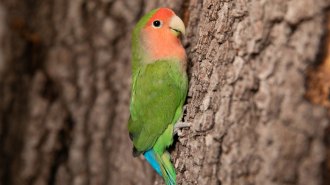 Animals
AnimalsParrots can move along thin branches using ‘beakiation’
The movement involves swinging along the underside of branches with their beaks and feet, similar to how primates swing between trees.
-
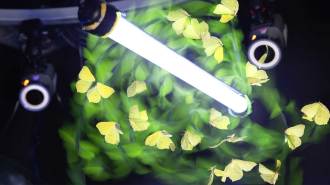 Life
LifeInsects flocking to artificial lights may not know which way is up
Insects may use light to figure out where the ground is. Artificial lights send them veering off course, data from high-speed infrared cameras suggests.
-
 Science & Society
Science & SocietyGeneticist Krystal Tsosie advocates for Indigenous data sovereignty
A member of the Navajo Nation, she believes Indigenous geneticists have a big role to play in protecting and studying their own data.
By Joseph Lee -
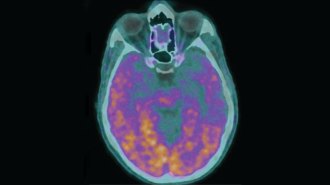 Health & Medicine
Health & MedicineUnder very rare conditions, Alzheimer’s disease may be transmitted
Alzheimer’s isn’t contagious. But contaminated growth hormone injections caused early-onset Alzheimer’s in some recipients, a new study suggests.
-
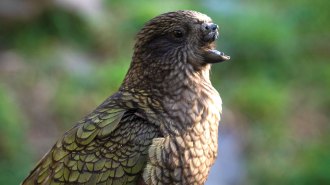 Animals
AnimalsWhat parrots can teach us about human intelligence
By studying the brains and behaviors of parrots, scientists hope to learn more about how humanlike intelligence evolves.
-
 Neuroscience
NeuroscienceHandwriting may boost brain connections more than typing does
Students asked to write words showed greater connectivity across the brain than when they typed them, suggesting writing may be a better boost for memory.
-
 Ecosystems
EcosystemsHow an invasive ant changed a lion’s dinner menu
An invasive ant is killing off ants that defend trees from elephants. With less cover, it’s harder for lions to hunt zebras, so they hunt buffalo instead.
-
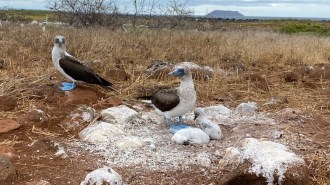 Animals
AnimalsA bird flu outbreak is sweeping the globe. Its long-term effects are unclear
A reporter’s recent trip to the Galápagos offered a chance to reflect on the bird flu outbreak, which has killed millions of birds and other animals.
-
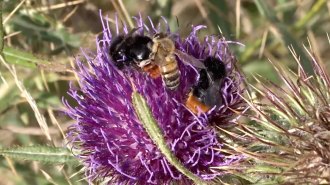 Life
LifeSome honeybees in Italy regularly steal pollen off the backs of bumblebees
New observations suggest that honeybees stealing pollen from bumblebees may be a crime of opportunity, though documentation of it remains rare.